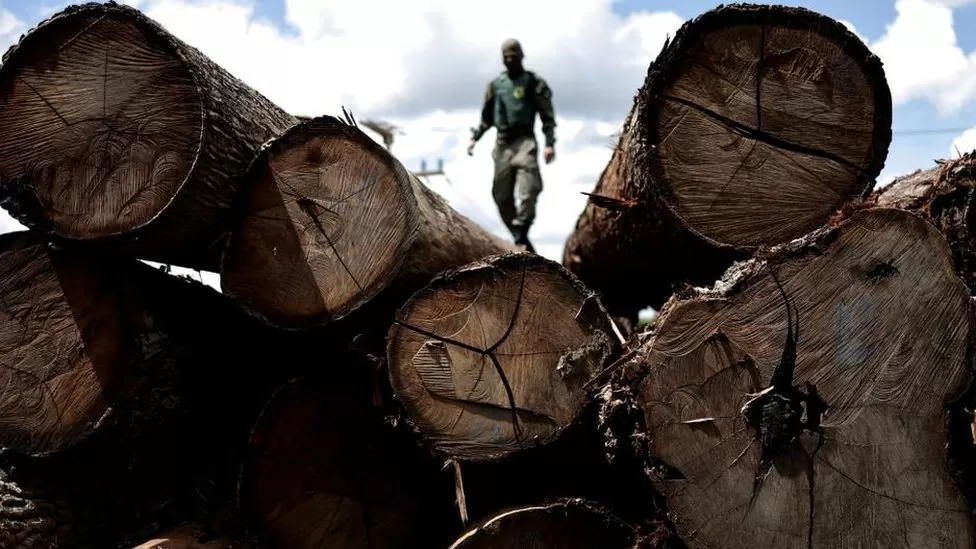Amazon nations fall short of agreed goal to end deforestation

There has been little progress in ending deforestation among the eight countries that share the Amazon basin.
The first such gathering in 14 years will be held in the Brazilian city of Belém by delegates from the countries.
There was a joint declaration on Tuesday which created an alliance to combat deforestation, but each country was left to pursue its own conservation goals.
In order to combat climate change, it is imperative to preserve the Amazon.
Prior to the summit, Brazilian President Luiz Inácio Lula da Silva called for an end-deforestation goal by 2030, a policy his government has already adopted.
Brazil is home to around 60% of the Amazon rainforest, the largest rainforest in the world. Other countries represented at the gathering include Bolivia, Colombia, Ecuador, Guyana, Peru, Suriname, and Venezuela.
According to Lula’s opening remarks on Tuesday, the “climate crisis continues to worsen severely,” and “we need to act in unity to address the challenges and opportunities of our time”.
A situation of such urgency has never existed before, he said.
In Brazil, deforestation has declined dramatically since Lula won the presidency from predecessor Jair Bolsonaro, who favored development over conservation, but thousands of square kilometers remain lost.
The new alliance, called the Belém declaration, aims to prevent the Amazon from reaching a point of no return, according to the joint statement.
In addition, common negotiating positions at global climate summits and commitments to enhance collaboration on water management, health, and sustainable development were included.
There will be some disappointment in the language, but the summit has signaled a desire among countries in the region to find solutions to a pressing issue.
In some areas, there have been differences of opinion.
Among others, Colombia’s President, Gustavo Petro, wants other countries to join his pledge to ban new oil exploration, while Brazil is considering exploring the Amazon river mouth.
As a result of the gathering, this region has undoubtedly gained a voice when it comes to combating climate change, and is seen as a precursor to the UN Climate Change conference in 2025.
